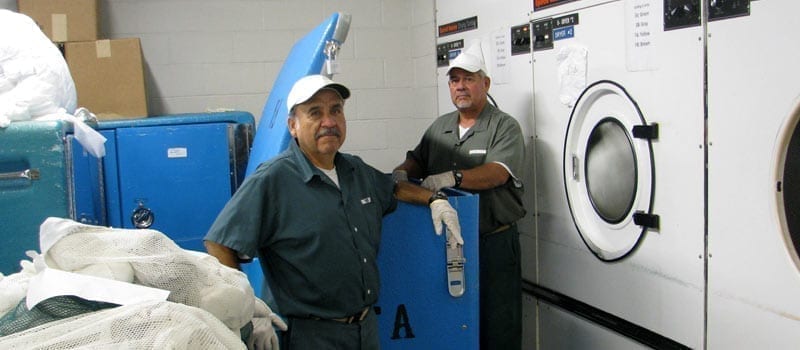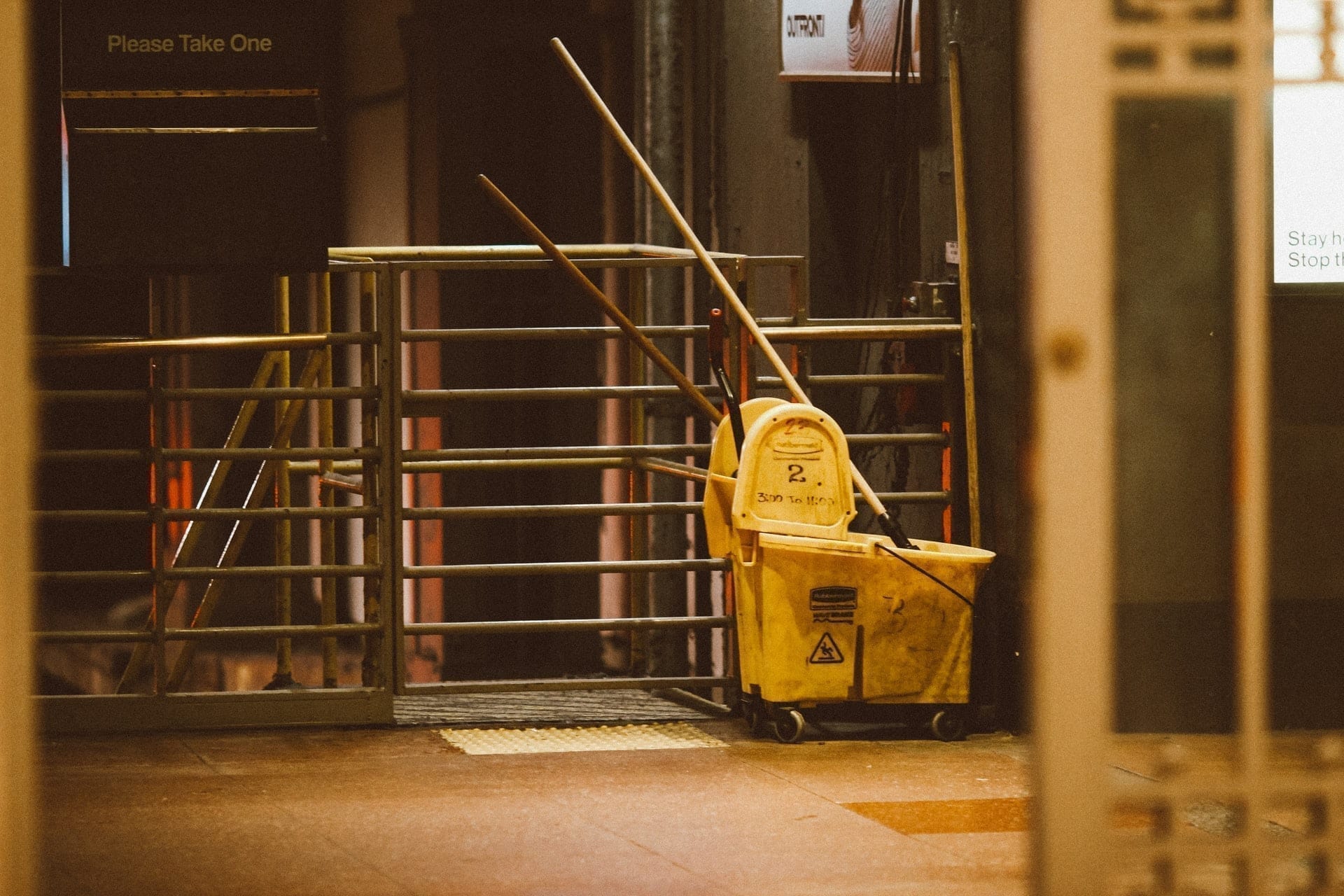Not usually. You cannot refuse to work in prison without a valid medical reason. Refusing to work can lead to serious consequences.
Do all incarcerated people have to work while in prison?
Yes, unless they have a valid reason not to. The BOP assigns jobs to people in prison with disabilities that they can manage. The BOP considers work to be part of the rehabilitation process.
According to the BOP, prison jobs allow incarcerated people an opportunity to learn and practice healthy work habits. This includes work skills, communication and general knowledge. The BOP says that these skills will be useful to people looking to find work after they are released.
What kinds of jobs will you have to do in prison?
Most jobs in prison help with the running of the facility. Most of the work you might do involves maintaining the prison or serving other prisoners.
Some of the jobs you might get assigned to in prison include the following:
- food service,
- groundskeeper,
- painter,
- plumber,
- custodian.
- laundry service,
- driver,
- mailroom clerk, and
- commissary clerk.
These are not the only jobs you might have in prison, but they are some of the most common.

How much will you get paid for your job in prison?
Jobs in prison do not pay much. The rate of pay depends on the state you are in. But in federal prison, you get paid somewhere between $0.12 and $0.40 per hour. According to BOP policy, prisons do not have to pay you for your labor. But federal law gives them the discretion to do so.
What can happen if you refuse to work in prison?
If you refuse to work in prison, you can face serious consequences. Refusing to work is a rule violation. There are several things that can happen according to the BOP’s policy.
- Write-up. If it is your first offense, an officer may write you up. This is a note that goes into your disciplinary file and stays there.
- Loss of privileges. Refusing to work might also lose you some of your privileges. You may not be able to watch TV or use the phone. Officials may limit what you can buy from the commissary. You can also lose your privileges to go outside for exercise and recreation.
- Solitary. If you refuse to work, officers might decide to send you to administrative segregation. This is also known as solitary confinement or “the box.” Your rights are severely restricted in solitary. You will stay in your cell for 22 to 24 hours a day and lose most of your other privileges.
- Transfer. Enough violations might result in a transfer. If you are at a low-security facility, refusing to work might get you transferred to a medium-security or high-security prison.
- Loss of “good time.” Violations can also take away from your “good time,” which means that you could end up staying in prison longer if you refuse to work.
The Takeaway:
You cannot refuse to work in prison unless you have a valid medical reason not to. Even people with disabilities have jobs in prison if they are able to work. There are many different jobs in prison. Most of them have to do with maintaining the facility and serving other people in prison. Refusing to work can lead to serious consequences.






